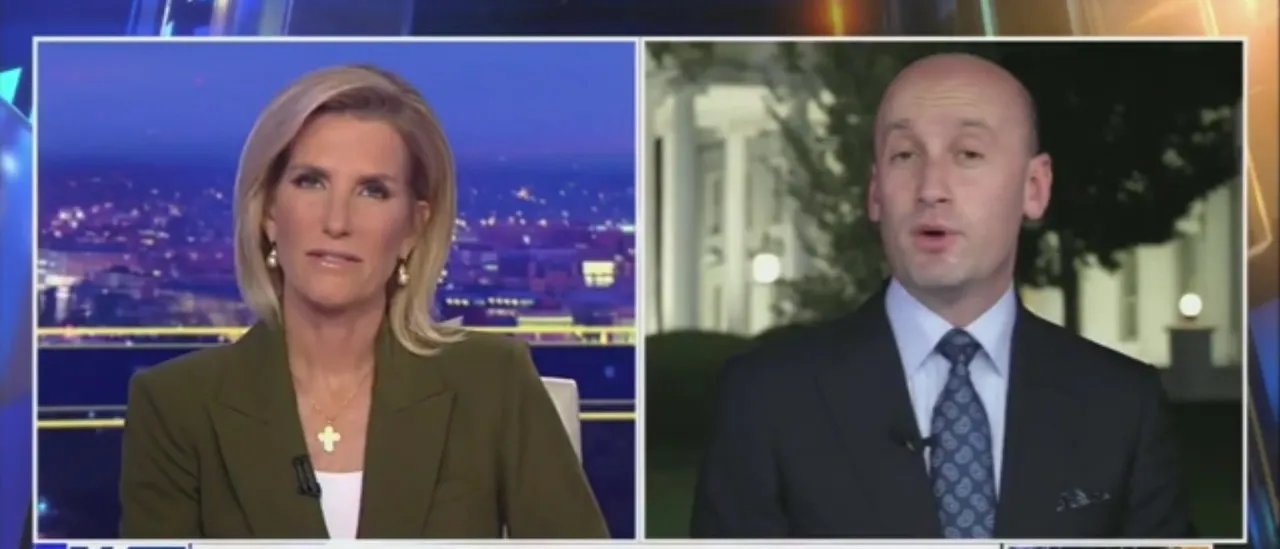Typos happen to everyone, and misattributed quotes in legal opinions have sparked attention in a case involving U.S. District Court Judge Julian Neals.
Neals issued an opinion on June 30, 2025, which caught the eye of Attorney Andrew Lichtman. Lichtman represented the defendant in a civil suit and raised concerns about several errors in Neals’ opinion.
In a letter to the court, Lichtman pointed out a few significant mistakes, including instances where outcomes from earlier cases were cited incorrectly and several quotes attributed to the case that didn’t actually exist. This has led to a broader discussion about the accuracy of judicial writings.
Lichtman claimed there were six inaccuracies in Neals’ opinion, wherein he referenced specific quotes that he argued were misattributed.
Day really gets the best!
Biden-appointed DEI federal judge Julian Neals is currently under fire for issuing legal opinions that include fabricated citations and entirely false cases.– Anncoulter (@Anncoulter)
Immediate scrutiny of Lichtman’s claims was suggested. Neals’ opinion cited a case, but no matching quotes were found in official documents.
Lichtman also criticized Neals for not correctly attributing two quotes supposedly made by the accused, a significant oversight for a judicial opinion.
Following Lichtman’s letter, Neals chose to retract his opinion, as reported by Bloomberg News. The court acknowledged that the opinions and orders had been incorrectly stated.
Without official comments from either Neals or Lichtman, speculation emerged around the possibility of artificial intelligence misuse contributing to these errors.
A blog discussion by legal scholars raised the idea that many judges might be encountering similar issues, leading to false impressions in their rulings. A law professor mentioned that it might be valuable for litigators to examine the rulings for signs of inaccuracies.
Blackman suspected that the mistakes could be attributed more to a law clerk rather than Neals himself. He noted the importance of judges thoroughly reviewing their work and the work of their clerks.
Interestingly, questions about the trustworthiness of judicial authority arise, suggesting a deeper need for oversight in the legal system.
Neals was nominated to the district court by former President Barack Obama in February 2015 and was later renominated by President Joe Biden in March 2021, as part of an effort to reflect the diverse backgrounds of the American populace in the federal judiciary.
Biden’s White House emphasized the importance of diversity, detailing a commitment to candidates from various racial and professional backgrounds within the judicial system.
However, while the intention is commendable, missteps like this could create doubts about the effectiveness of those selected based on their representation rather than solely on merit.
Concerns have arisen over the qualifications of some judges, with public forums highlighting gaps in performance, raising questions about the criteria used during their selection.
The broader implication is that while diversity is essential, it must not come at the cost of judicial quality. As the dialogue continues, the scrutiny surrounding judges like Neals and their opinions may contribute significantly to ongoing discussions about the integrity of the legal system.






